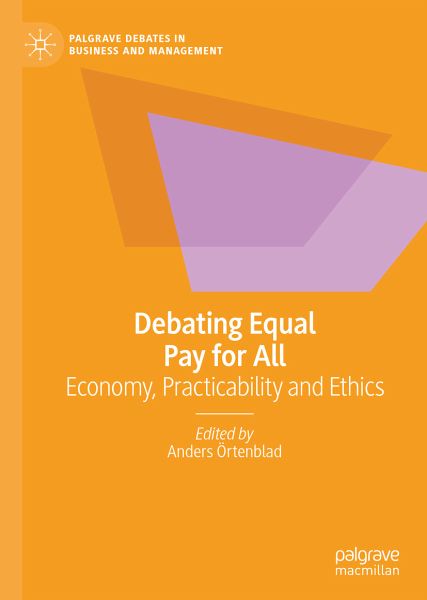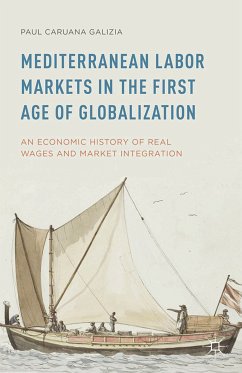
Debating Equal Pay for All (eBook, PDF)
Economy, Practicability and Ethics
Redaktion: Örtenblad, Anders
Versandkostenfrei!
Sofort per Download lieferbar
88,95 €
inkl. MwSt.
Weitere Ausgaben:

PAYBACK Punkte
44 °P sammeln!
This anthology debates the idea of giving all people - no matter which profession or position they have (and whether they have a job or not) - the same pay. Some contributors argue against equal pay for all, some for increased pay equality but not for total pay equality, and some argue for equal pay for all. There is no common conclusion in the book; instead, the book aims to encourage reflection as well as further debate on something that is often taken for granted, namely differentiated pay, by offering a set of various standpoints in the debate, backed-up with various kinds of arguments. Am...
This anthology debates the idea of giving all people - no matter which profession or position they have (and whether they have a job or not) - the same pay. Some contributors argue against equal pay for all, some for increased pay equality but not for total pay equality, and some argue for equal pay for all. There is no common conclusion in the book; instead, the book aims to encourage reflection as well as further debate on something that is often taken for granted, namely differentiated pay, by offering a set of various standpoints in the debate, backed-up with various kinds of arguments. Among bases for arguments that are put forward in the book, economy, practicability and ethics belong to the most frequently occurring ones. This book is the first one to be published in the book series Palgrave Debates in Business and Management.
Dieser Download kann aus rechtlichen Gründen nur mit Rechnungsadresse in A, B, BG, CY, CZ, D, DK, EW, E, FIN, F, GR, HR, H, IRL, I, LT, L, LR, M, NL, PL, P, R, S, SLO, SK ausgeliefert werden.












